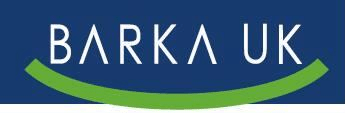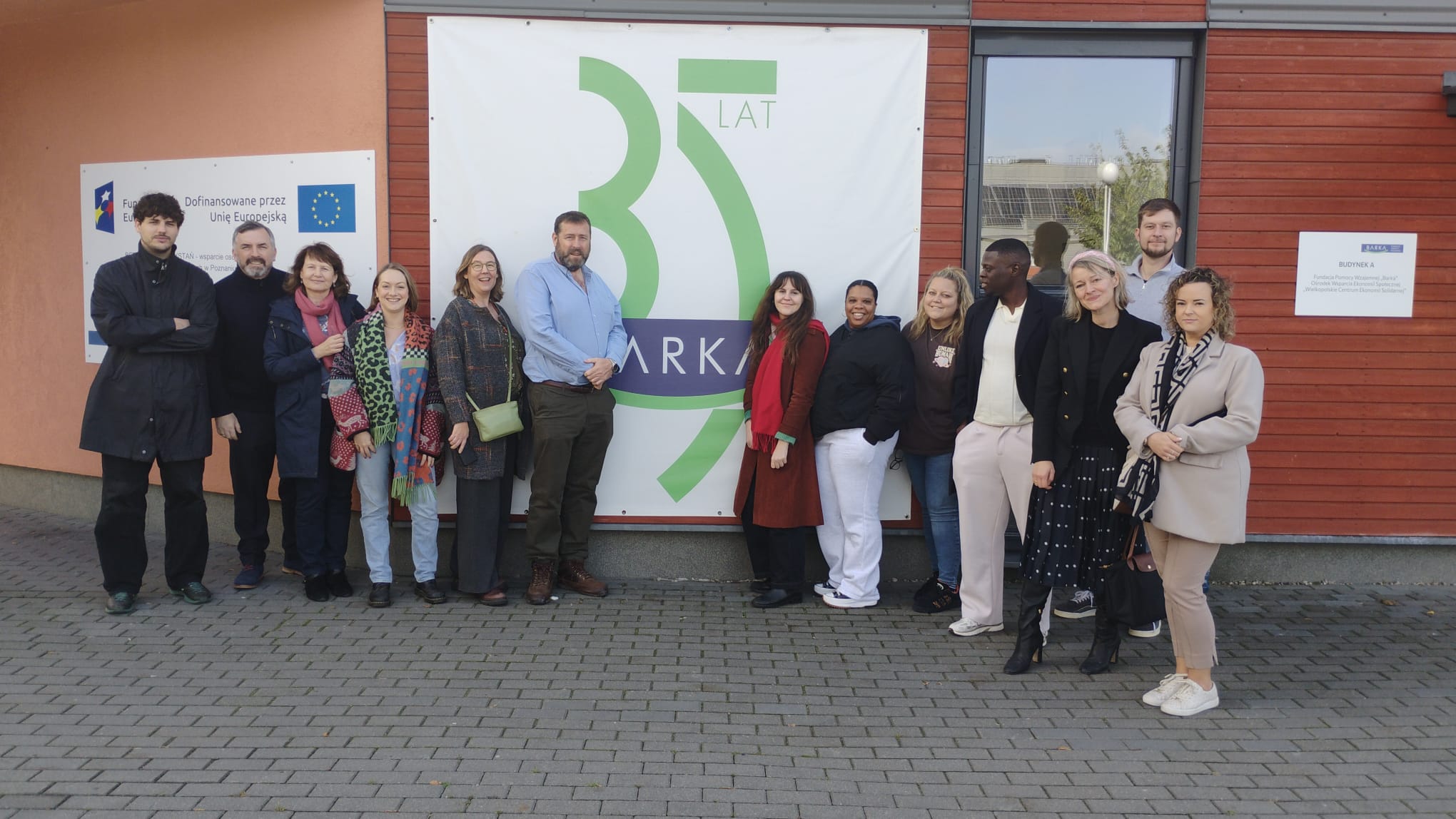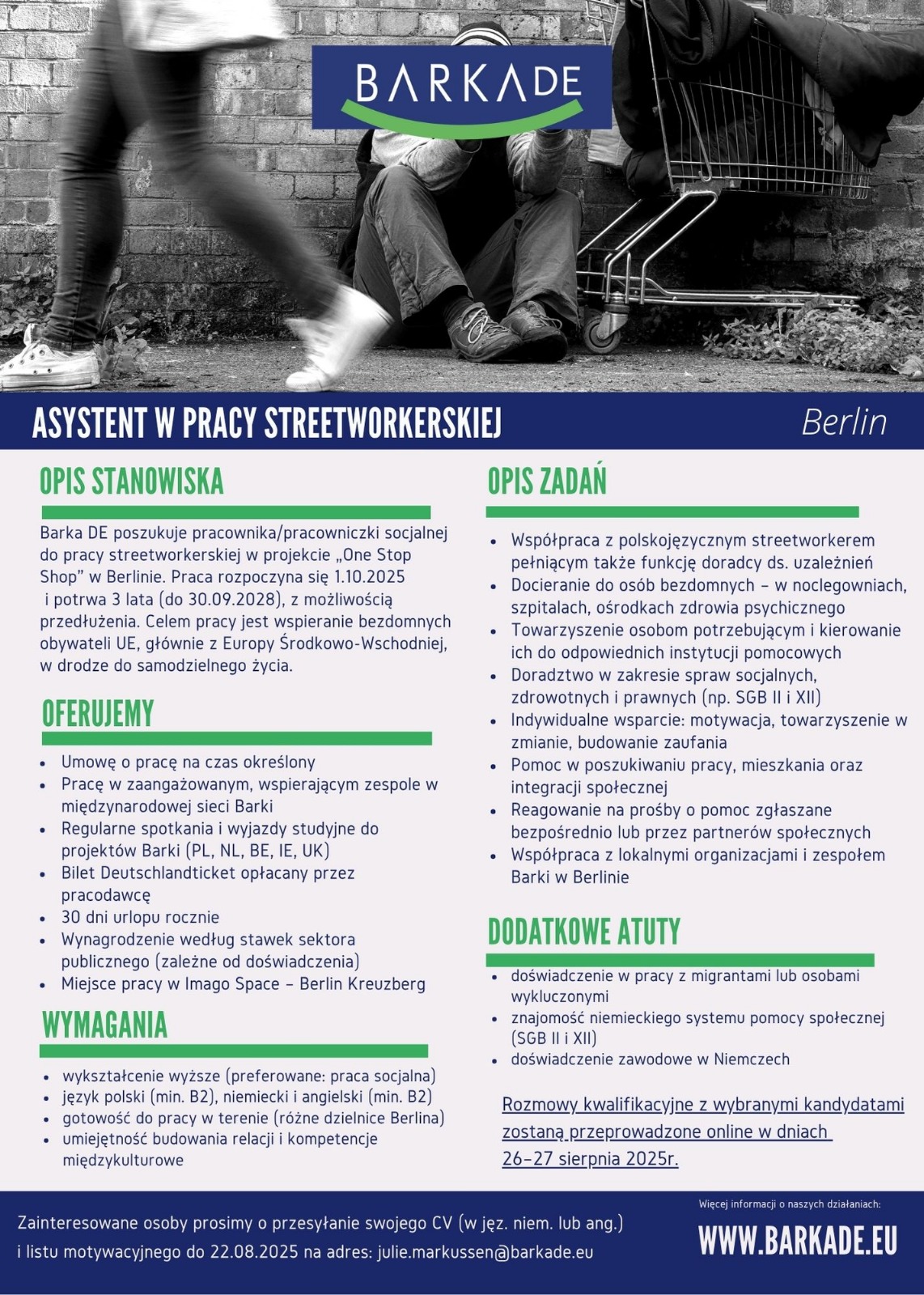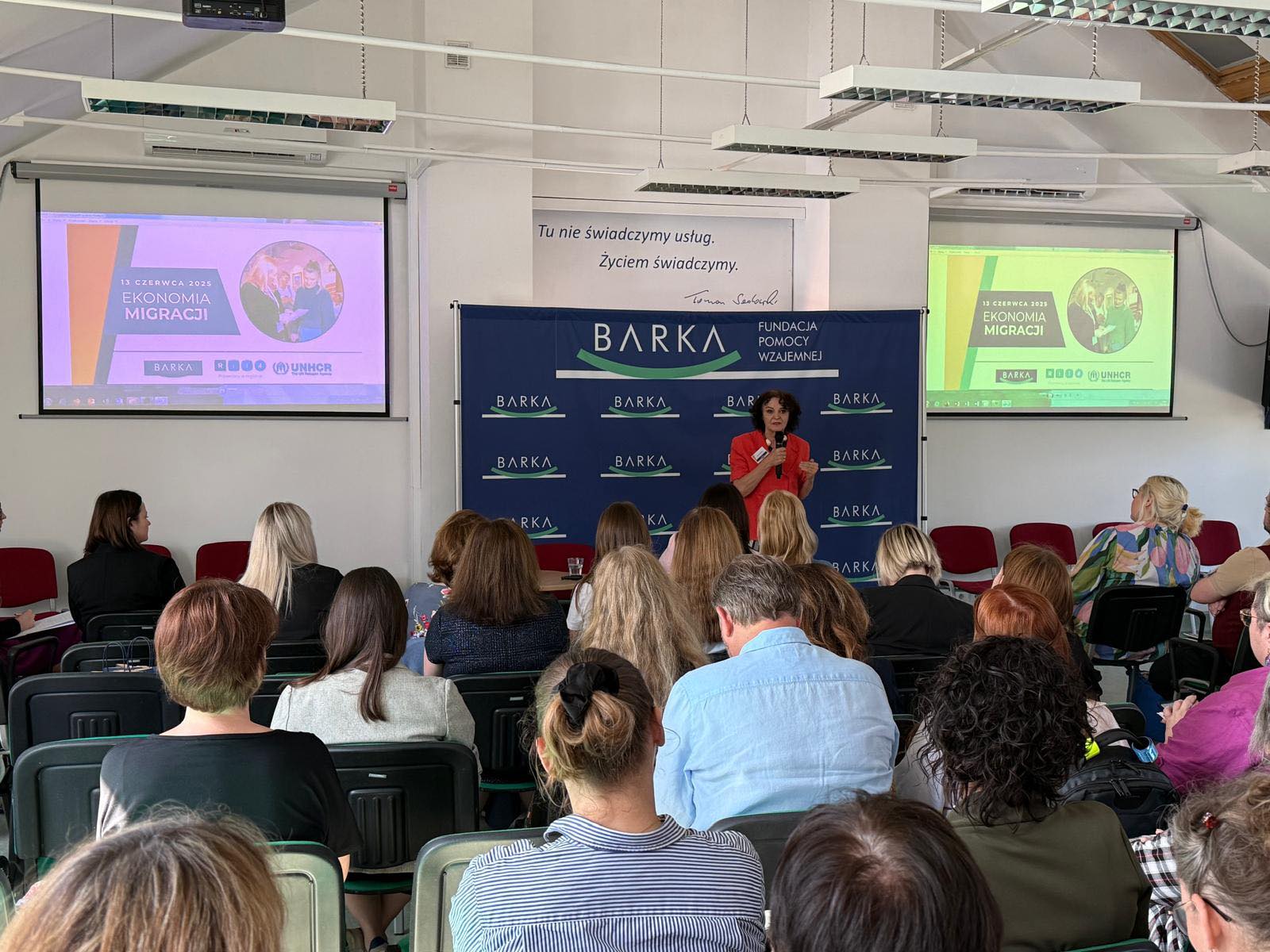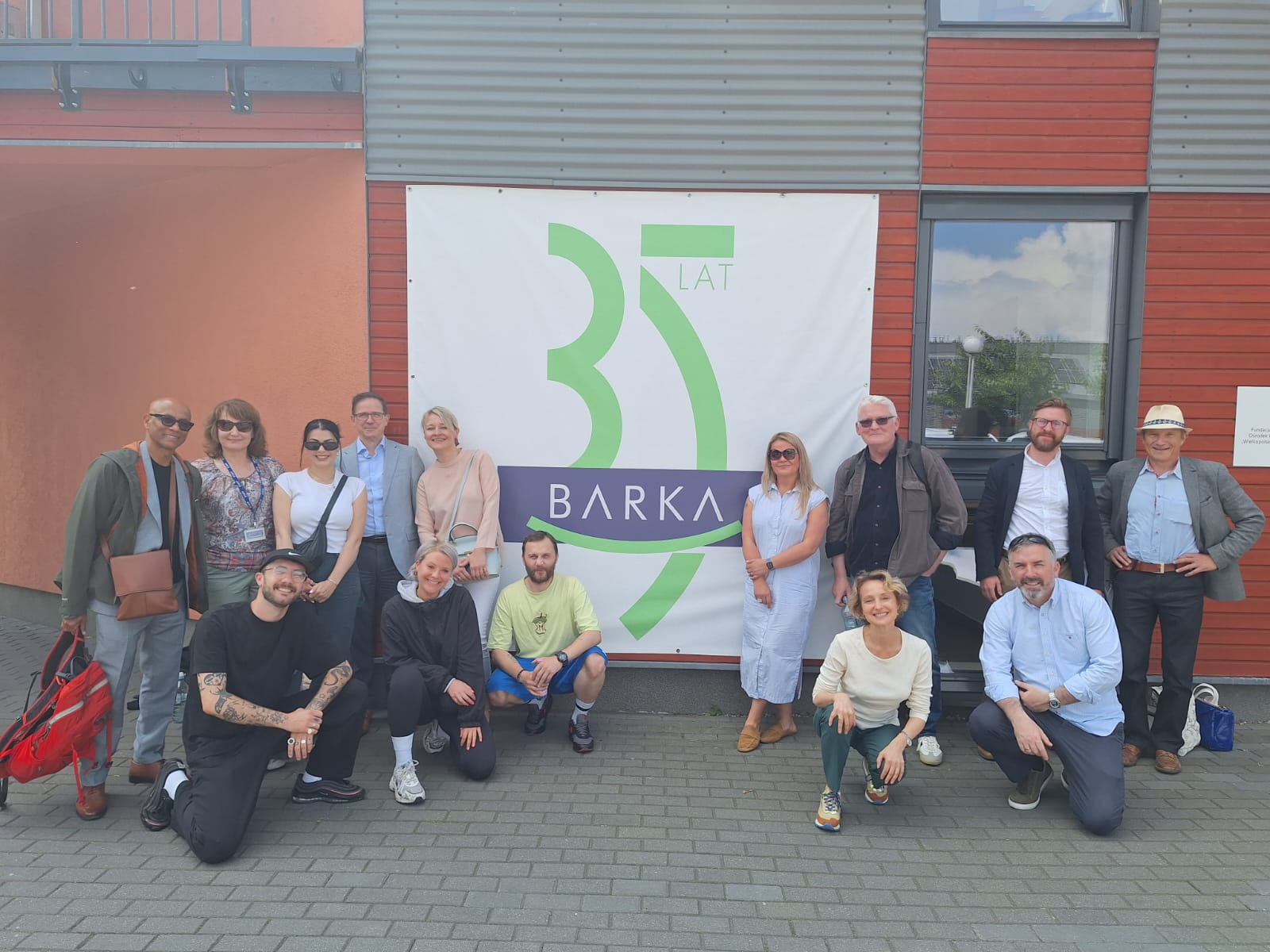On Friday 13th of June, Barka UK took part in in the conference “Economy of Migration – from contractuality and transactionality to relationality and communality’, hosted and co-organised by the BARKA Foundation for Mutual Aid and the UNHCR Representation in Poland.

The event was co-financed by the Polish-American Freedom Foundation under the RITA – Regional Transformations programme, implemented by the Education for Democracy Foundation and by UNHCR Poland.
The conference was attended by over 100 people – representatives of government and local government administration, job market institutions, the scientific community, non-governmental organisations, as well as people with refugee experience.

The event was also attended by 14 people from Ukraine, who took part in a study visit to Barka Poland, learning about the tools of the solidarity economy in Poznań and the surrounding area.
The conference was opened by: Barbara Sadowska (BARKA Foundation), Astrid Castelein (Director of UNHCR Kraków),Karolina Fabiś-Szulc (1st Vice-Voivode of Greater Poland – Greater Poland Voivodeship Office in Poznań), emphasising the importance of intersectoral cooperation in response to migration challenges.

The event also included presentations by experts and job market researchers, including: Joanna Warchał-Beneschi, Skills Alliance, CARE Poland who talked about potential of refugees from Ukraine for the Polish job market; Dominik Zasada, analysis specialist at the Career Counselling Centre for Youth.

The programme of the conference also included premiere of the Deloitte report commissioned by UNHCR (United Nations High Commissioner for Refugees): Analysis of the economic inclusion of refugees from Ukraine (2025) which was presented by Senior Economist in the Economic Analysis Team of Deloitte Advisory, Eliza Przeździecka. The report showed that 7 out of 10 Ukrainian citizens who fled the war to Poland are employed. Their professional activity and increased productivity in Polish companies translated into 2.7% of Poland’s GDP in 2024.

The potential of people with refugee experience, the need to overcome stereotypes and look at migration from a relational and community perspective, not only in terms of financial or material benefits, and the importance of the solidarity economy in the socio-professional integration of refugees and migrants were discussed.
We believe that the conference will contribute to the development of lasting, inclusive and relational solutions in the area of migration and integration policy in local communities.
